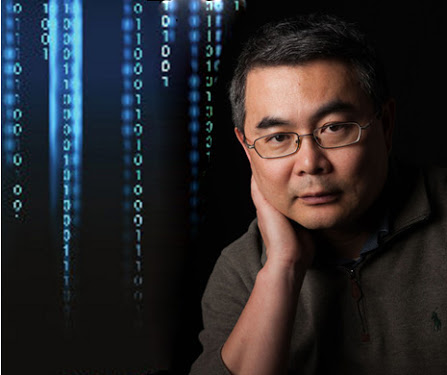Learning with Unpaired Data
Professor Jiebo Luo, University of Rochester, USA

Abstract
Many learning tasks can be summarized as learning a mapping from a structured input to a structured output, such as machine translation, image captioning, and image dehazing. Such mappings are usually learned on paired training data, where an input sample and its corresponding output are both provided. Collecting paired training data often involves expensive human annotation, and the scale of paired training data is therefore often limited. As a result, the generalization ability of models trained on paired data is also limited. One way to mitigate this issue is learning with unpaired data, which is far less expensive to collect. Taking machine translation as an example, the unpaired training data can be collected separately from newspapers in the source language and target language without any annotation. The challenge of unpaired learning turns into how to align the unpaired data. With carefully designed objectives, unpaired learning has achieved remarkable progress on several tasks. This talk will cover the data collection and training methods of several unpaired learning tasks to illustrate the power of learning with unpaired data.
The slides of Dr. Luo's keynote are now available on Slideshare: https://www2.slideshare.net/jieboluo1/learning-with-unpaired-data
Biography
Jiebo Luo is a Professor of Computer Science at the University of Rochester which he joined in 2011 after a prolific career of fifteen years at Kodak Research Laboratories. He has authored over 450 technical papers and holds over 90 U.S. patents. His research interests include computer vision, NLP, machine learning, data mining, computational social science, and digital health. He has been involved in numerous technical conferences, including serving as a program co-chair of ACM Multimedia 2010, IEEE CVPR 2012, ACM ICMR 2016, and IEEE ICIP 2017, as well as a general co-chair of ACM Multimedia 2018. He has served on the editorial boards of the IEEE Transactions on Pattern Analysis and Machine Intelligence (TPAMI), IEEE Transactions on Multimedia (TMM), IEEE Transactions on Circuits and Systems for Video Technology (TCSVT), IEEE Transactions on Big Data (TBD), ACM Transactions on Intelligent Systems and Technology (TIST), Pattern Recognition, Knowledge and Information Systems (KAIS), Machine Vision and Applications, and Journal of Electronic Imaging. He is the current Editor-in-Chief of the IEEE Transactions on Multimedia. Professor Luo is also a Fellow of ACM, AAAI, SPIE, and IAPR.
